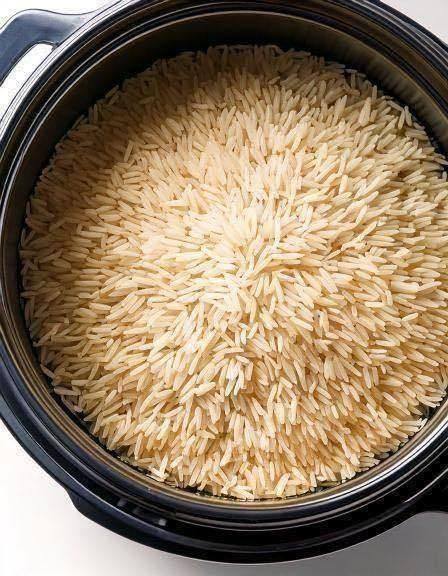5. Nutrient Support
A lack of certain nutrients — like magnesium, vitamin E, or omega-3s — can sometimes lead to water retention. Eat magnesium-rich foods such as leafy greens, almonds, and avocados, or take supplements if recommended by your doctor. Balanced nutrition helps your body stay hydrated and reduce swelling naturally.
6. Essential Oil Massage
Mix a few drops of peppermint or cypress essential oil with a carrier oil like coconut or almond oil. Gently massage your feet in circular motions from the toes up toward the calves. This promotes blood flow and provides a relaxing, refreshing effect.
Small Lifestyle Changes That Make a Big Difference
Watch Your Diet
Try to cut back on:
- Salt
- Processed foods
- Alcohol
- Caffeine
Instead, include:
- Hydrating foods such as cucumbers and watermelon
- Potassium-rich foods like bananas, spinach, and sweet potatoes
These foods help your body flush out excess sodium and maintain a healthy fluid balance.
Drink Herbal Teas
Herbal teas made from dandelion, parsley, or cherry stems can have a gentle diuretic effect, helping your body naturally release extra fluids.
Choose Comfortable Shoes
Avoid shoes that are tight or have high heels. Opt for soft, supportive footwear that allows your feet to breathe. If swelling happens often, consider wearing shoes a half size larger for added comfort.
See more on the next page
Advertisement
